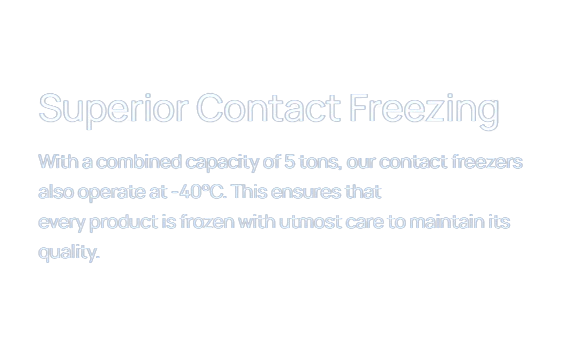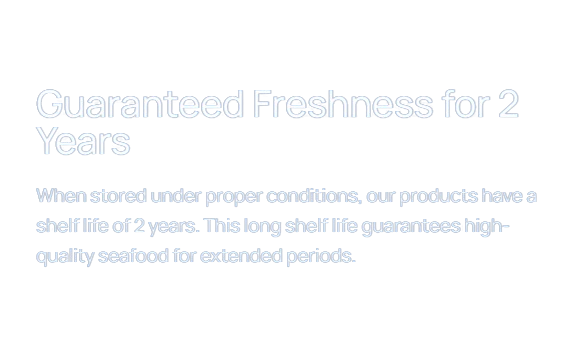In December 2015, the European Commission reinforced its commitment to combating Illegal, Unreported, and Unregulated (IUU) fishing, underlining the importance of sustainable fisheries management and trade compliance worldwide. Earlier in the year, in October 2015, the EU had issued formal “yellow cards” to Taiwan and the Comoros for failing to implement adequate measures to control IUU fishing. The yellow card system serves as a warning to non-compliant countries that they must improve their fisheries governance or risk losing access to the lucrative European seafood market.
The yellow card mechanism is part of the EU’s IUU Regulation, designed to ensure that fishery products imported into Europe are legally caught, traceable, and compliant with international standards. Non-compliance can arise from weak monitoring, inadequate sanctioning of violators, failure to report catches accurately, or
non-cooperation with regional fisheries management organizations. The EU’s actions in 2015 aimed to incentivize reforms by highlighting governance deficiencies and encouraging corrective measures.
By December, the global seafood trade had started to feel the implications of the EU’s IUU enforcement.
Exporters worldwide, particularly in Asia, became increasingly vigilant in ensuring traceability,
documentation, and certification of their fish and seafood products. Countries like Ghana and Papua New
Guinea, previously flagged with yellow cards, were commended for implementing reforms that improved
compliance, demonstrating that corrective measures could restore access to EU markets.
For exporters in Asia, including Bangladesh, the yellow card alerts sent a clear signal that market access depends not only on production volume and quality, but also on adherence to international fisheries
regulations. Importers and buyers in Europe began conducting stricter audits, verifying legal catch documentation and compliance with sustainable practices. This regulatory environment emphasized the growing
link between ecological stewardship and economic opportunity in the global seafood trade.
Analysts highlighted that IUU fishing not only threatens marine ecosystems but also undermines legitimate
trade, distorts prices, and creates unfair competition. By the end of 2015, there was consensus that improving
governance, strengthening monitoring systems, and adopting international best practices were essential steps for
all seafood-exporting countries.
The European Commission’s yellow card warnings in 2015 underscored the rising interdependence between
fisheries management and global trade compliance. Nations that successfully implemented reforms were
able to maintain market access, while others faced trade restrictions, reinforcing the principle that sustainable
fisheries are both an ecological necessity and a commercial imperative.
Source link:
https://ec.europa.eu/newsroom/mare/items/26088/en



